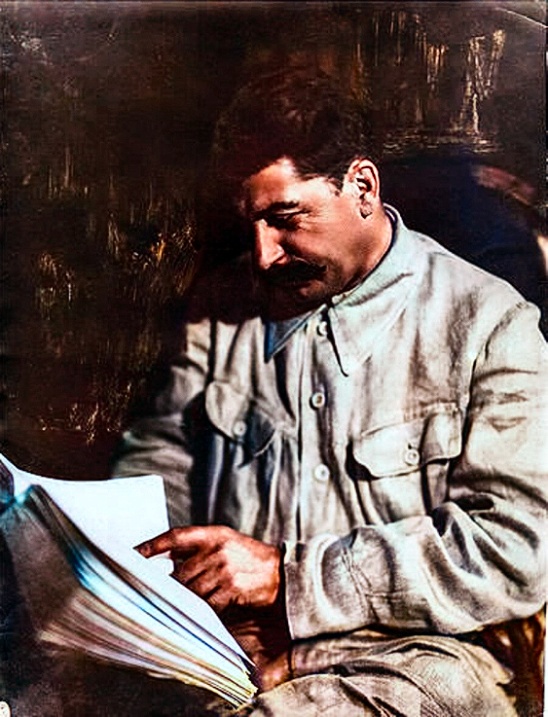

Will the US start pirating Chinese vessels? They already did to Russia, right?


Will the US start pirating Chinese vessels? They already did to Russia, right?


There’s nothing that unites Euro fash like killing Asians.


The US rebuildeth German industry, and the US taketh away.


When these stories come up it’s always worth asking “Is this General going to the press because they really want a bigger budget.” Not saying the stockpiles aren’t actually at risk, but it’s important to question the motives of the sources.


Russia has nukes though. International law only protects you if you have nukes. That’s the lesson here.


Wasn’t this one in Bahrain?


Watch it be Fire/Fighting


Depends. If I’m innocent, Daredevil. If I’m guilty, Saul. Both will go the extra mile outside of the courtroom, albeit in very different ways.


I knew Newscum would be at the top but Shapiro too? Also it’s hilarious that  isn’t in the thumbnail.
isn’t in the thumbnail.


Venezuela fisherman interception of this term


Running for election is pointless if getting elected is your only path. The PSL uses big elections to drive party registration and push their messaging.
Managed democracy doesn’t run.


Think of the dozens of jobs the mega server farm that processes the facial database will generate!


My man Larson LOVES desert islands. Man could not get enough humor over marooned dudes on a small beach next to a palm tree.


Keep posting Far Side until we get a :cowtools: emoji (and then keep going)
Haven’t kept up with everything, but they’ve been going weird with Absolute so I’m sure it’ll stay cool. Or at least different.


Is Mr Sark a maoist guerilla or a maga pedofile? It must be one or the other.


I used to enjoy his content as an empathetic and introspective guy in a sea of toxic masculinity bullshit. He used to be more anti-establishment but completely libbed out during 2024.
If you want more proof he’s okay with sex pests he co-streamed with Destiny (I reported him for hate speech).


Mr. Gorbachev, tear down that hut.
Step Off